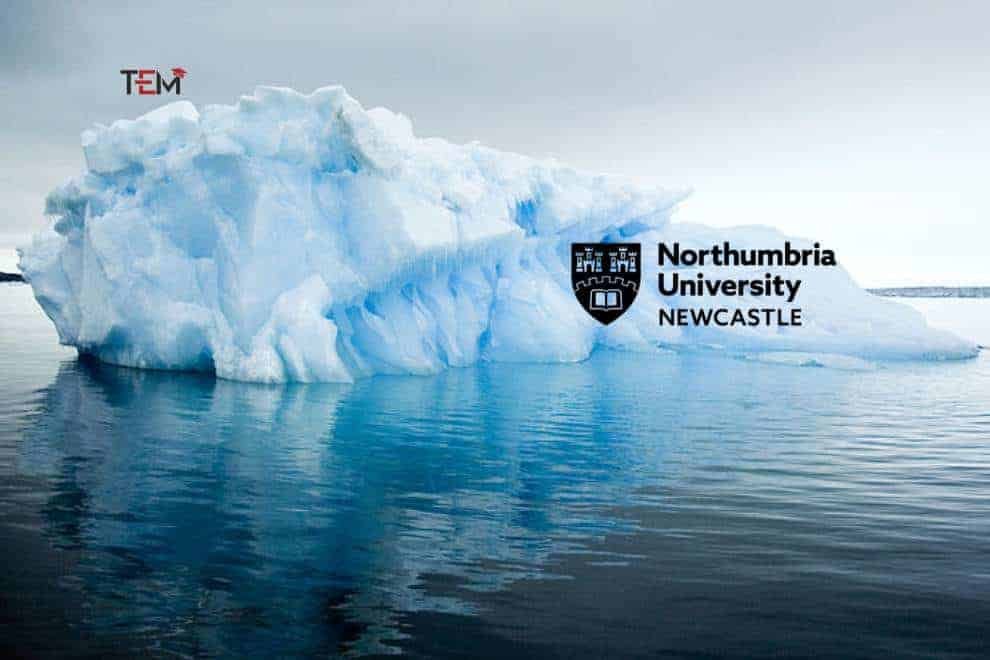Investigation on Antarctica’s ice level due to global warming
Northumbria University involved being a part of a £4m study to investigate a sudden change in the climate of the Antarctic Ice Sheet. This research involves how much ice flows from land to ocean across the ground line. In recent years, it is realized that the position of the grounding line becomes unstable, unstoppable and rise in sea level by meters. There may be a rise in global sea levels over the coming periods. Northumbria University is the only UK partner that receives a large part of total funding, worth £ 1.2 million.
Specialists from the UK, Germany, Norway, and France will work together to investigate changes in the movement of ice in the Antarctic region over the next 100 years. The researchers will investigate the possibility that climate change may drive through the Antarctic sheet and the Southern Ocean. The study already shows that this is possible and global warming may cause large-scale changes to the Antarctic ice sheet.
The Study involves:
Antarctic’s ice is on both lands and on the sea where on land border floating ice appears. The point where ice sheets and ice shelves meet is called the grounding line. The ice on the land acts as a safety band holding the land-based ice sheet in place. If ice shelves disappear, for example through increased melt caused by global warming, the ground lines may become unstable. The increased flow of ice into the ocean leads to a potential impact on the global sea level as large as several meters.
The study is going between two teams related to changes to the ocean and the ice. One team of researchers will investigate what might happen when the ocean under the Antarctic ice shelve begins to warmer. And another team will research what will happen to the Antarctic ice sheet when grounding lines become unstable.
Hilmar Gudmundsson, Professor of glaciology and extreme environments, stated “This project has vast scope to provide a step-change in our understanding and fundamentally affect the way that we think about Antarctica and the Southern Ocean. Our research can be expected to have significant implications for our understanding of the risks posed to humanity by global warming.”










